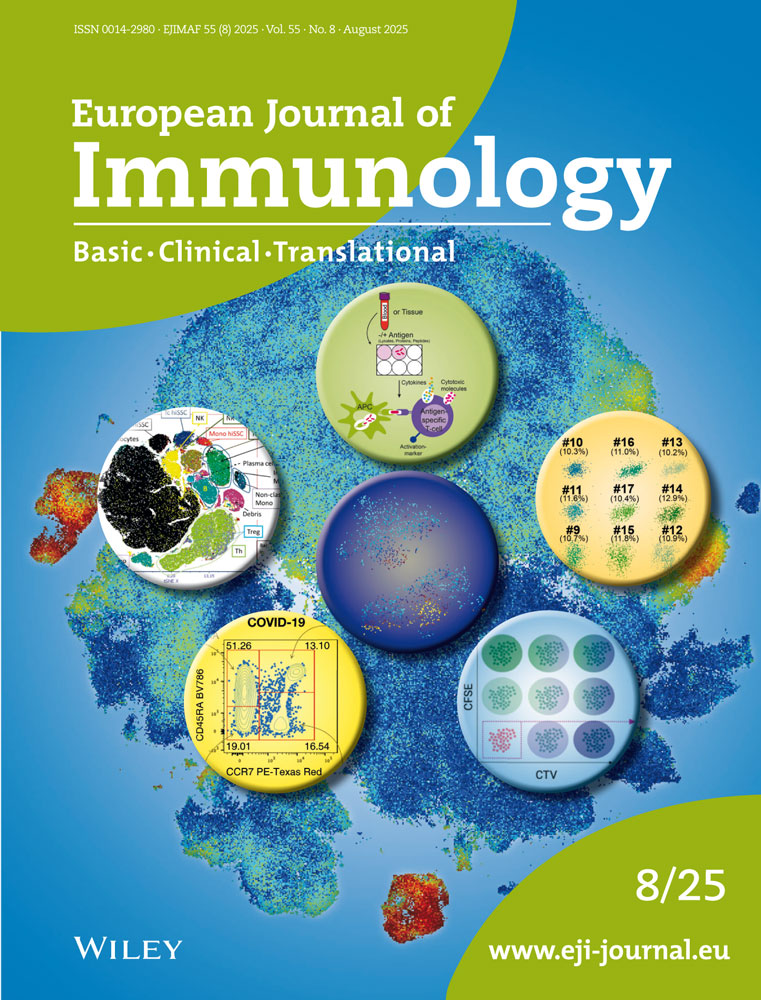Sensitivity of Epstein-Barr virus-induced B cell tumor to apoptosis mediated by anti-CD95/Apo-1/fas antibody
Abstract
Epstein-Barr virus (EBV) can induce uncontrolled B lymphocyte proliferation leading to fatal lymphoma in immunocompromised patients. The sensitivity to apoptosis of B lymphoid cell lines (LCL) derived from EBV-induced lymphopro-liferative disorders was investigated. In vitro and in vivo, these B LCL strongly express CD95/Apo-1/fas antigen and undergo apoptosis upon stimulation with anti-Apo-1 monoclonal antibody. When inoculated into severe-combined immunodeficient (scid) mice, human B cells lines developed into rapidly growing tumors. Administration of an agonistic anti-Apo-1 antibody significantly delayed tumor progression. Relapses were frequent, but were not caused by selection of resistant B cells, since B cells from relapsing tumors underwent apoptosis on re-exposure. Induction of apoptosis by an anti-C95/Apo-1/fas-specific antibody could be applied for therapy of EBV-induced B cell tumors and contribute to our understanding of the mechanisms of T cell-mediated elimination of EBV lymphomas in immunodeficient patients.




